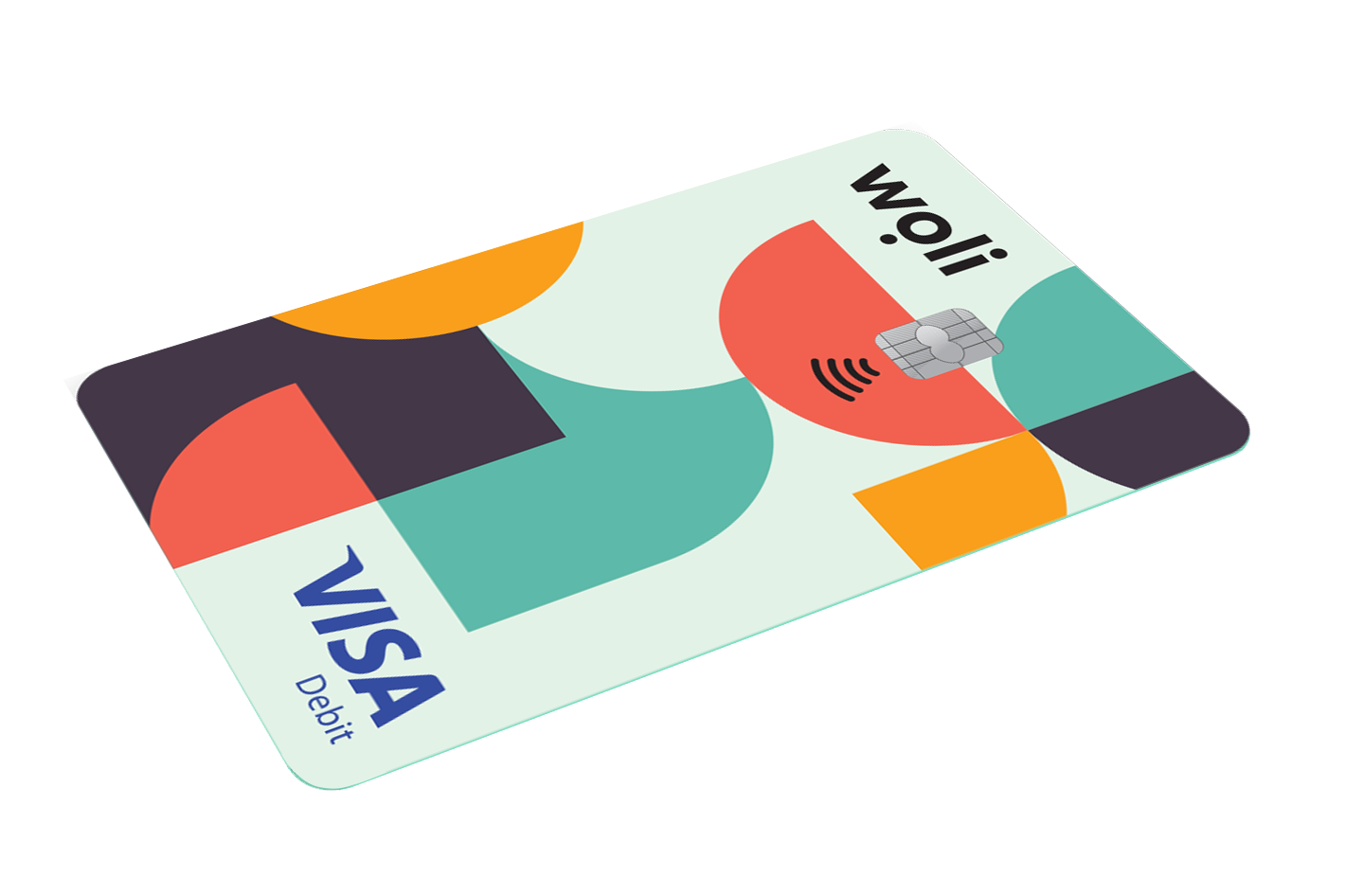We all grew up with certain beliefs about money that, when we think about them as adults, seem funny or completely incorrect. As children, we didn’t have a clear picture of how money, the economy, or even saving worked. Whether we heard our parents talk about it or drew our own conclusions, we often formed a completely different understanding of reality.
Let’s take a look at ten of the most common misconceptions we had about money as kids and how our understanding changes as we grow up.
1. Money grows on trees
How many times have we heard a child say, “Just buy it!” or believe that money magically appears out of nowhere? The truth is, as kids, we didn’t see the work required to earn money. It seemed so easy—our parents had wallets full of bills and went shopping without any visible difficulty. However, reality is different: money doesn’t grow on trees, but is earned through hard work and proper management.
2. The ATM gives out unlimited money
For many children, an ATM looks like a machine that simply “gives out cash.” They don’t understand that in order to withdraw money, there must be funds in the account. They assume that their parents can take out as much money as they want, whenever they want. However, when we start using bank accounts and cards, we realize that the money we withdraw is exactly what we have earned or saved.
3. Credit cards are magic money
Another widespread misconception is that credit cards work like unlimited sources of money. We saw our parents swipe their cards at the checkout and walk away with full shopping bags, without handing over any bills or coins. The concept of debt or interest was completely unknown to us. When we grow up and realize that credit cards mean borrowed money that must be repaid—usually with interest—our perspective changes drastically.
4. If I have pocket money, I must spend it all
Many kids think that if they have money, they should spend it immediately. Saving seems boring or useless since there’s always something exciting to buy. However, as we grow older, we begin to understand the importance of setting aside some of our money for future needs or bigger purchases.
5. Rich people stay rich forever
When we were younger, we believed that someone who is rich will always remain rich. We didn’t understand that wealth is not guaranteed, nor that it can disappear if not managed properly. Financial success requires planning, investments, and smart decision-making.
6. Bills pay themselves
As kids, we didn’t think about electricity, water, or internet bills. We took for granted that the lights turned on, water ran, and Wi-Fi always worked. Only when we grow up and start paying our own bills do we realize that every service comes with a cost that must be covered.
7. Jobs are fun and easy
Many of us, as children, imagined that our parents’ jobs were fun and easy. We might have said, “When I grow up, I’ll work and make money without effort!” We didn’t realize the stress, responsibilities, and challenges that come with having a job.
8. The more money you have, the happier you are
This is one of the most common misconceptions we had as kids. We thought that if we had a lot of money, we would be completely happy. As we grow older, we understand that money can bring comfort, but it’s not the only factor for happiness. Relationships, experiences, and mental health are just as—if not more—important.
9. Saving isn’t important
As kids, we rarely thought about our financial future. If someone gave us pocket money, we probably spent it right away. We didn’t understand the importance of saving or keeping money for something bigger. However, as we grow up, we realize that saving gives us security and choices.
10. Parents can always give us money
For many kids, parents are the ultimate source of money. If we needed something, we just asked them for it. We didn’t understand that they had budgets, expenses, and limitations. When we grow up and take on our own financial responsibilities, we realize how difficult it is to balance finances.
Conclusion
The beliefs we had about money as kids often differ greatly from reality. As we grow older, we begin to understand the importance of proper management, saving, and financial decision-making. At Woli, we believe that financial education should start early so that young people develop good habits and build a secure financial future.
Try the Woli Debit Card and teach your child financial responsibility in a fun way! Download the Woli app on Android or iOS, follow the steps to add your child, and get 30 DAYS FREE on the premium BASIC subscription and a FREE physical Woli card!









